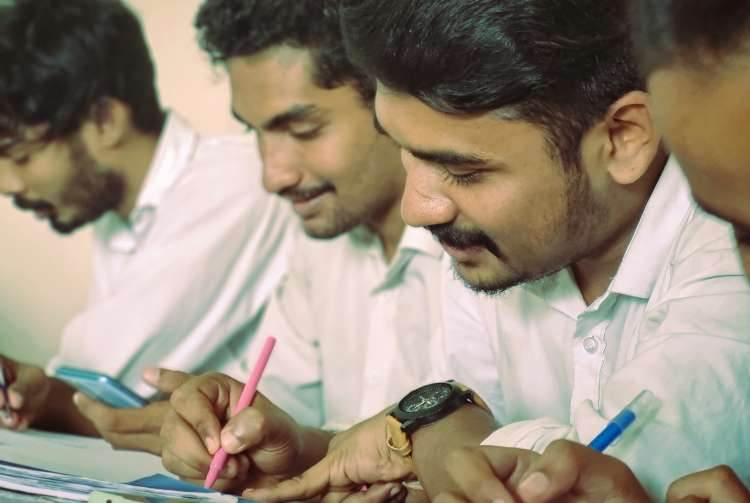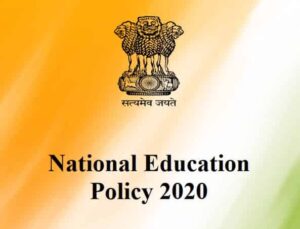
Soft leadership in higher education: Leadership has always been central to human progress. From ancient rulers to modern institutions, every era has reshaped the idea of what it means to lead. For centuries, power and hierarchy defined leadership — whether in empires or corporations. In today’s world, that model no longer works. Across governments, companies, and universities, leadership is shifting from command to collaboration, from authority to empathy.
This evolution is most visible in India’s higher education institutions. Rapid technological change, new learner expectations, and global benchmarks are forcing a rethink of what good leadership means. The emerging answer lies in soft leadership — a model rooted in emotional intelligence, dialogue, and trust.
READ I India’s 2036 Olympics bid: Risks, reforms, and rewards
Rise of soft leadership in higher education
India’s higher education system faces unprecedented transformation. With more than 1,100 universities and 43,000 colleges, HEIs are under pressure to innovate, internationalise, and deliver quality learning. Traditional command-and-control management cannot meet these demands.
Soft leadership offers an alternative. It values people over processes and inspiration over instruction. Leaders who practise it build participation, resolve conflict through dialogue, and empower faculty and students alike. At institutions such as Ashoka University, IIT Bombay, and Christ University, collaborative governance models have improved student engagement and faculty satisfaction.
International studies by the OECD and World Bank show that universities with participative leadership outperform rigidly managed ones in innovation, faculty retention, and student success. The evidence is clear: empathy is becoming a performance driver.
Balancing discipline and democracy in classrooms
Soft leadership is not about leniency. It is about balance — between freedom and responsibility. Higher education leaders must uphold academic rigour while encouraging creative independence.
Students today expect to co-create curricula, influence campus policy, and challenge orthodoxy. Many Indian institutions are responding. Delhi University’s Academic Council, for instance, now includes student representatives, and several private universities have introduced participatory policy committees. These practices convert classrooms into spaces of inquiry rather than instruction.
Such openness strengthens institutional integrity. When learners feel heard, they invest emotionally in their education. That, in turn, builds reputational capital and boosts global competitiveness.
Soft leadership and education reform in India
The National Education Policy (NEP) 2020 envisions a system driven by autonomy, interdisciplinarity, and ethical governance. Achieving these goals requires leaders who can build consensus across diverse stakeholders. Soft leadership is the missing bridge between policy and practice.

NEP’s call for multidisciplinary universities and flexible curricula demands collaborative management styles. Soft leaders align these ambitions with institutional realities by motivating faculty, negotiating bureaucratic hurdles, and sustaining trust.
The UGC’s Leadership Development Programme for Senior Faculty (2022) is a promising start. But India still lacks structured pipelines for grooming future academic leaders. Creating a National Academy for Educational Leadership, as proposed by NITI Aayog, could fill this gap and ensure that empathy and ethics become central to administrative competence.
Digital transformation and global competencies
As HEIs embrace hybrid learning and digital classrooms, leadership skills must evolve. Managing AI-enabled campuses, edtech partnerships, and data governance requires emotional as well as digital literacy.
Soft leaders combine technical understanding with human sensitivity. They guide transitions to online models while maintaining academic integrity and inclusion. Reports by UNESCO and the World Economic Forum underline that empathy, adaptability, and collaboration are the top skills for future education leaders.
Globally engaged universities such as O.P. Jindal Global University have demonstrated how intercultural competence and ethical leadership attract international collaborations and enhance rankings. Indian HEIs can learn from these examples as they expand their global footprint.
Inclusion, diversity, and gender balance
Soft leadership also promotes inclusivity. Women still account for less than 15 percent of vice-chancellors in India (Association of Indian Universities, 2023). Empowering more women and under-represented groups into leadership positions aligns with SDG 5 (Gender Equality) and SDG 4 (Quality Education).
Institutions that nurture empathetic, gender-sensitive cultures see better student welfare and staff retention. Diversity in decision-making widens perspectives and improves governance — core strengths of soft leadership.
Building measurable outcomes and accountability
Empathy must deliver results. Research from Harvard Kennedy School shows that organisations led by emotionally intelligent managers record higher innovation and morale. For HEIs, such leadership translates into improved accreditation scores, better faculty retention, and stronger alumni engagement.
Soft leadership thus creates tangible outcomes: higher NAAC ratings, better National Institutional Ranking Framework (NIRF) positions, and enhanced community impact. By linking compassion with accountability, universities can prove that humane leadership is also effective leadership.
India’s higher education future depends on leaders who inspire rather than impose. Structural reforms alone cannot transform universities; cultural change must accompany them. By adopting soft leadership, HEIs can build learning ecosystems grounded in empathy and purpose. Such institutions will not only produce skilled graduates but also shape responsible citizens — individuals capable of balancing innovation with integrity.
Dr Sachin Sinha and Dr Deepti Sinha are Associate Professors at School of Business and Management, Christ University, Bengaluru.
